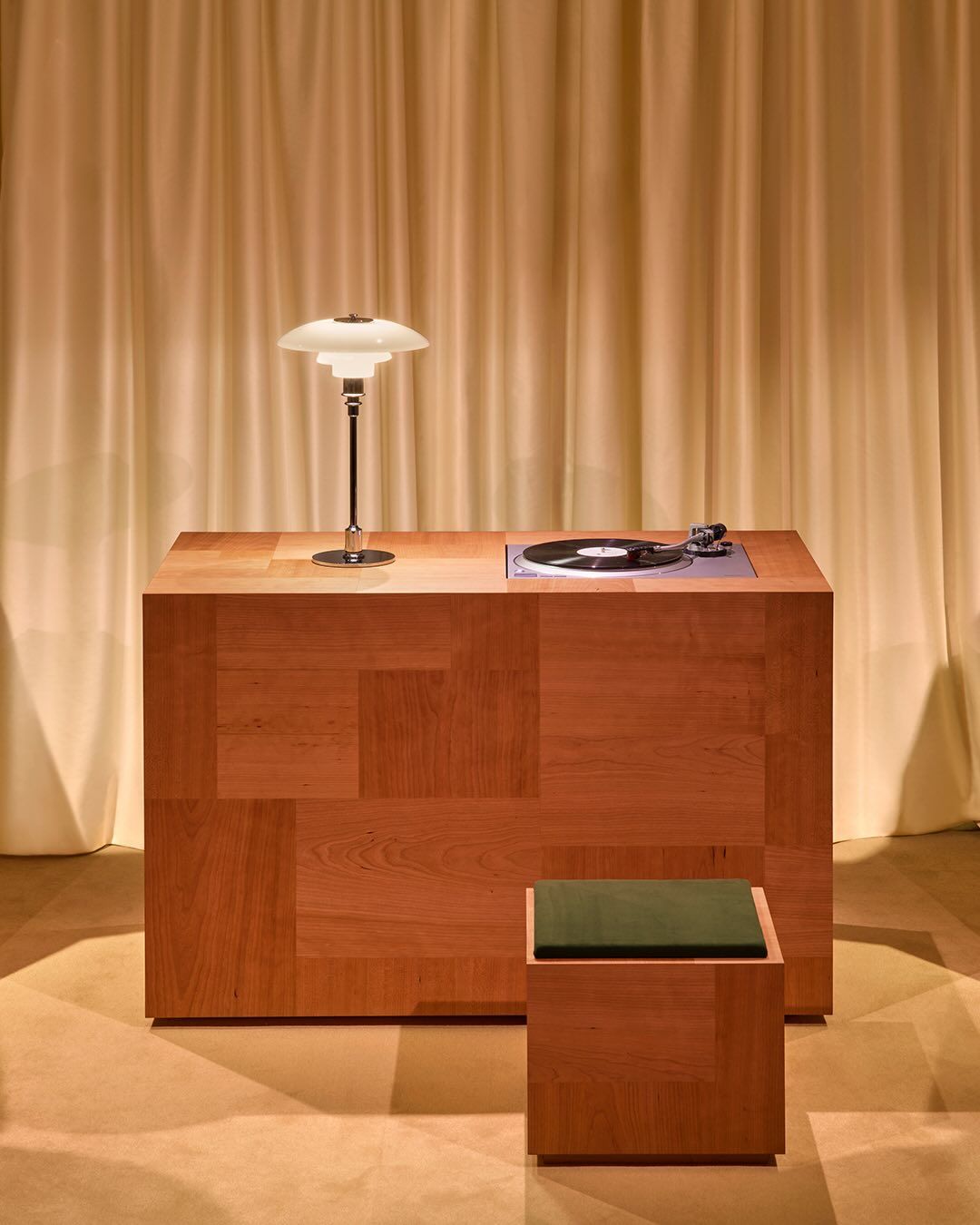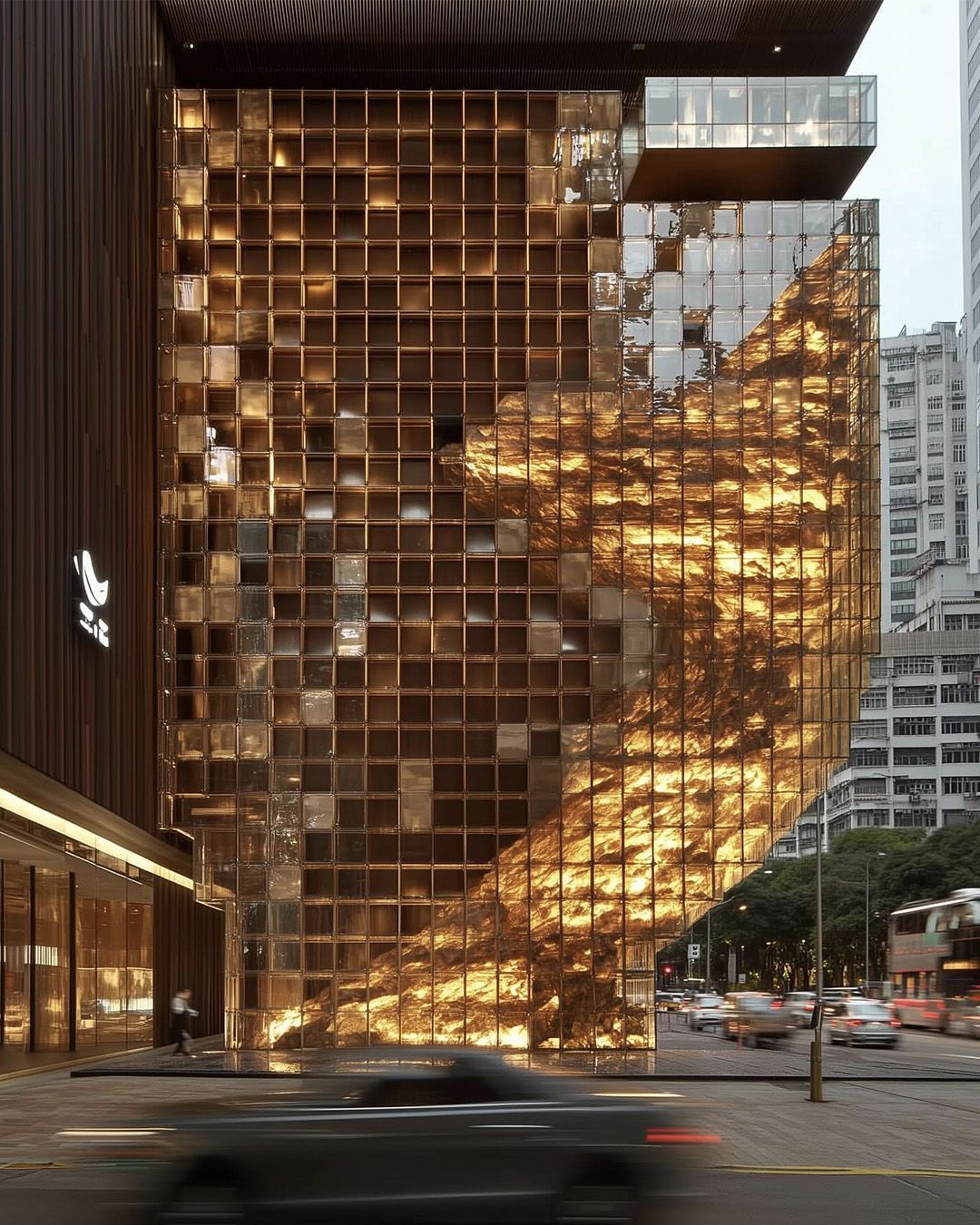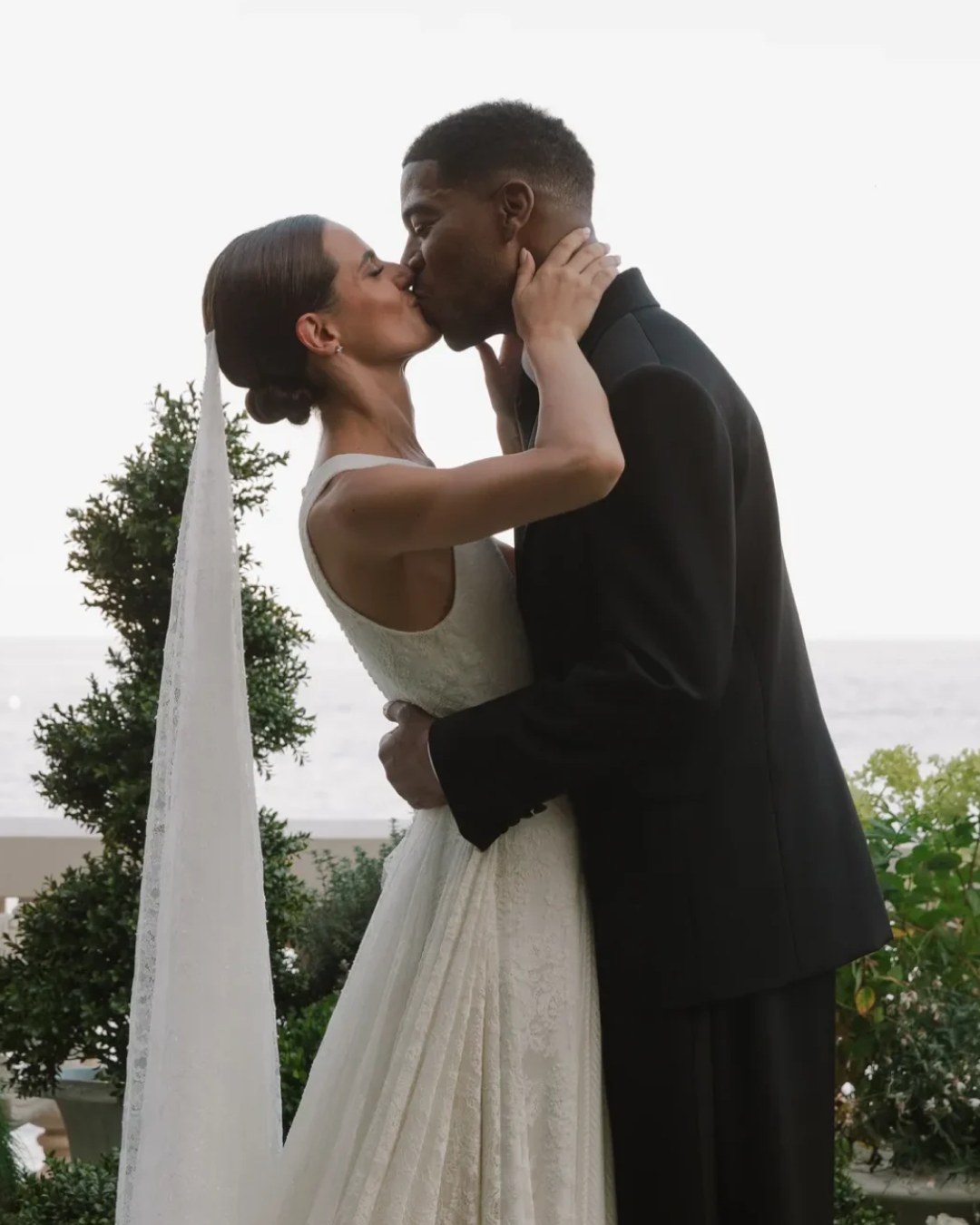
Can Virgil Abloh trademark "quotation marks"? Off-White is starting a legal battle for the use of quotation marks
Quotation marks are a typographic sign born relatively late compared to other grammatical instruments, appearing for the first time in 1502, in an edition printed in Venice of the most important works of the Latin writer Valerio Massimo. The book collects 9 stories of as many well-known personalities from Roman history, praised or condemned for their moral virtues. In the work, quotation marks were used to emphasize important passages of the text, so that they remained in the foreground during a photographic reading.
Within fashion, quotation marks are immediately associated with Virgil Abloh and his Off-White brand, which uses them as a graphic-decorative element and at the same time to decontextualize the product, creating in effect an immediacy and irony towards the rules of fashion itself.
The simple and ingenious idea has been reused more or less honestly by many other brands, which has prompted Virgil to open lawsuits in the United States for plagiarism and unfair competition.
The most recent is the one with Rastaclat, a brand that is marketing bracelets made with shoelaces and with the words "Off-Clat" and "Off-Clat c / o Rastaclat", combined with an unmistakable red zip tag. Virgil has sued the accessory brand, but the chances that he will succeed in winning the process are not so likely, after all the quotation marks cannot be considered exclusive property of the creative director of Louis Vuitton, who was the first to demonstrate in time to take inspiration in way too bold by other creatives.
The legal issue
Last week the Off-White lawyers filed an accusation against Rastaclat in the United States Court, under the pretence that they are making bracelets on which they've applied the zip tie and the word "shoelaces". According to reports from The Fashion Law, despite these reports, Off-White does not have federal records for control for the exclusive use of this symbol. The lawyers are leveraging a sort of graphical adverse possession or a way of buying property based on the continuation for a certain period of time of possession of a good. In their own defence, Virgil's lawyers are trying to prove that 6 years of using quotation marks is enough to consider them the exclusive property of the brand on a commercial level, which would be enough to win the case once it has been shown that the average consumer only associates zips and the quotes to Off-White.
Virgil is claiming ownership on universally known symbols thanks to marketing efforts carried out by his company, accusing Rastaclat of leveraging a reputation not obtained thanks to its economic resources and communication strategies, making a mockery of a slice of audience confused by this game of imitations.
The exclusive rights of Off-White on the quotes and the zips are not yet legally protected in the USA, which leaves the brand in a legal limbo that makes it vulnerable to imitations, and has not yet lead to any criminal prosecution, a story similar to that of Supreme New York and Supreme Italy.
In July 2018, the brand actually filed a copyright application with the US Patent and Trademark Office (USPTO), a request that was refused for the first time in December. The office justified the decision by saying that the patent would be very similar to two others and that a functional object such as the zip cannot be subject to protection as a trademark.
Can the use of quotation marks be protected in the States? The answer is yes. Unlike patents which expressively require novelty, for logos this is not the case, the only constraint is that there is no confusion, at the discretion of the USPTO. The US patent office determines that there is a likelihood of confusion when both brands are similar and the services provided to the two companies can be easily misrepresented. The bad news for Virgil is that since he was not the first to use quotation marks on a piece of clothing, he cannot rely on the novelty requirement, which is essential for protection. Demonstrating that these have reached a secondary meaning in the imagination of consumers is not so easy and risks seeing the situation of legal instability prolonged. To do this the most effective way could be to continue the hammering of advertising and social images, the strategy preferred by Off-White and streetwear in the last 10 years.
The ethic issue
The whole story remains very juicy, especially if we consider all the accusations of plagiarism addressed to the designer, even in his first show at the creative helm of Louis Vuitton, in which the white chains applied to the bags were too reminiscent of Lace by Tanaya Henry. Another example is when Virgil has "reinterpreted" the Afterhomework Paris FW18 advertising campaign in the shots of his SS19 for the French fashion house. Even the brand's logos have been accused of being too similar to other existing ones, such as the green variation of the word OFF, almost identical to the logo of the English brand Gramm, or the four black arrows, reminiscent of Glasgow Airport's symbol. Raf Simons, Prada, Calvin Klein, Balenciaga are just some of the famous names from which the Rockford stylist, DJ, and architect took his cues and caused fierce criticism of his originality.
Abloh does not seem to adopt the same standard in judging the honesty of his brand. Perhaps it is not enough to have declared himself the "new Duchamp" to justify the brazen nature of his ready-mades.
Wanting to copyright the Virgil quotes goes against the very nature of his brilliant idea, which is based on reducing fashion products to the obvious, the understandable, to the everyday. Virgil realized that this idea, which was deliberately basic and designed to be replicable, is successful and fruitful, so much so that now he wants to elevate it, distorting the concept that was at its base.
The quotation marks for Abloh are a strong sign of irony towards fashion, the written word changes the perception of reality and reduces to obviousness what many designers seriously want to pass off as extraordinary. A Magritte approach (remember "Ceci n'est pas une pipe"?), perhaps not original as a thought but certainly effective. Virgil is claiming a non-idea, or at least the urgency to remind us of what everyday objects are and what they are used for, that shoes are used "for walking" and on the laces, we find "laces". Such an apparently trivial idea has proven to be one of the most successful streetwear finds in the last 10 years. The immediacy of the message and those easily legible writings confirm how Virgil Abloh is one of the most accomplished products of Instagram, the social media platform on which immediacy is the only true rule.























































